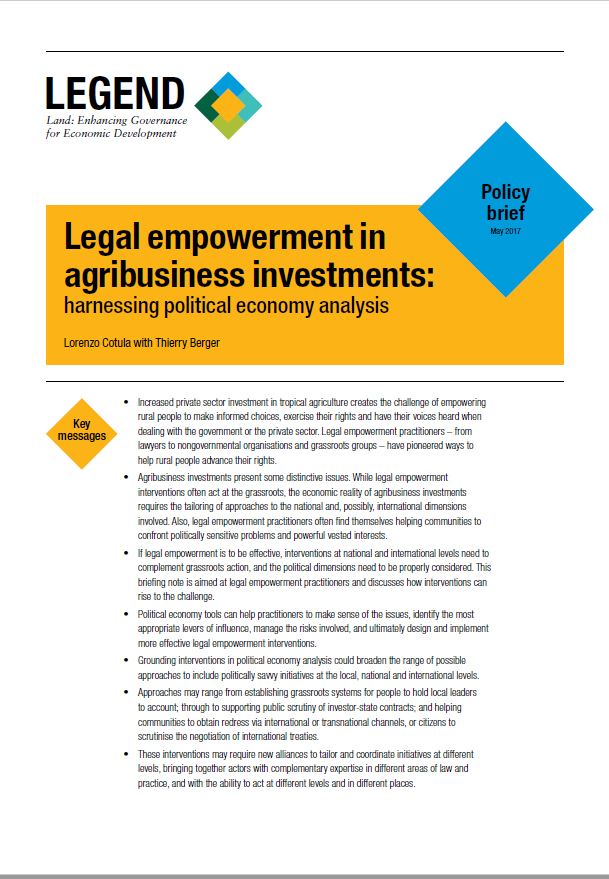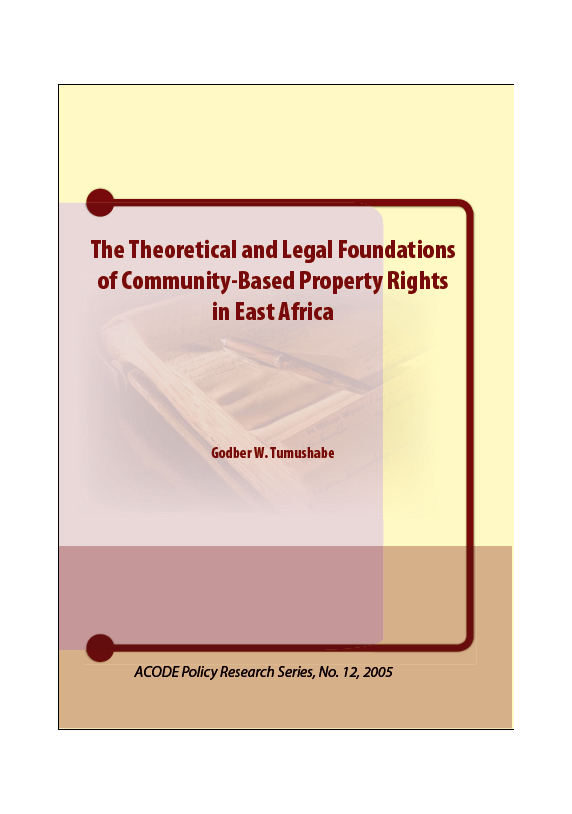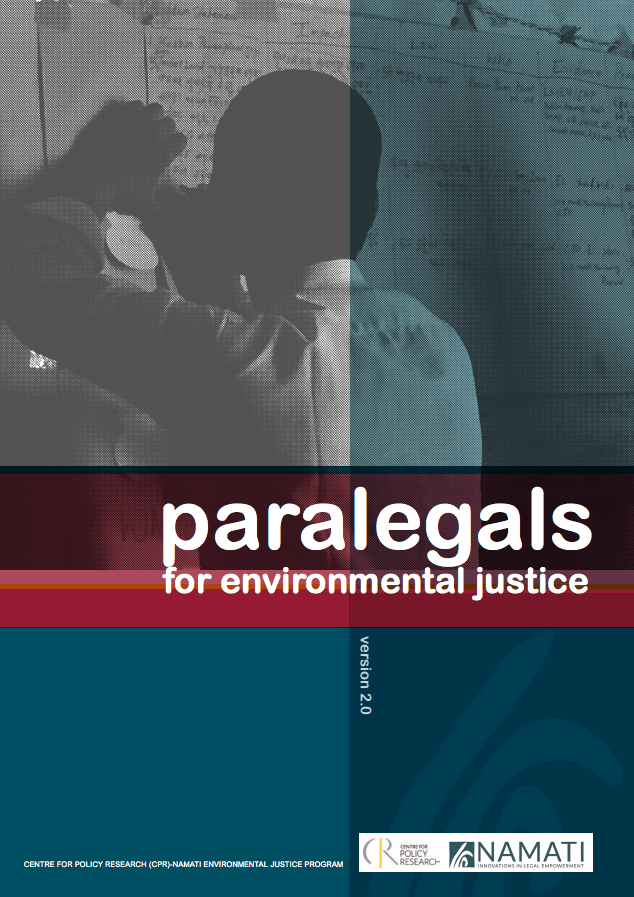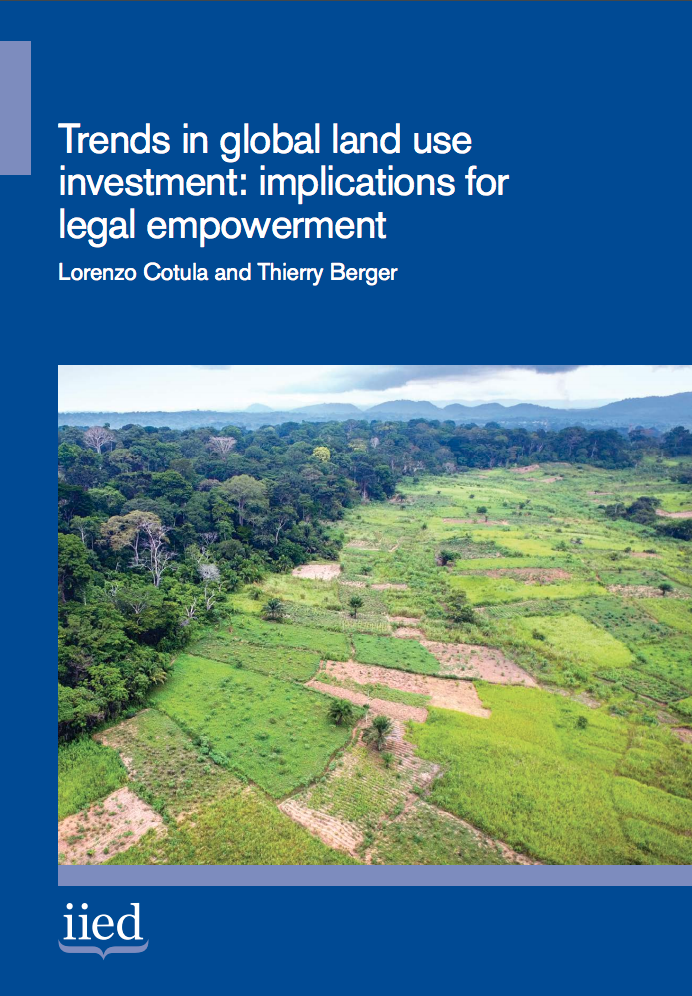Legal empowerment in agribusiness investments: harnessing political economy analysis
This analytical paper explores how political economy analysis can help practitioners make sense of the issues, and distils insights from practical experience on how legal empowerment initiatives can rise to the challenge.
It is aimed at legal empowerment practioners and analysts.









